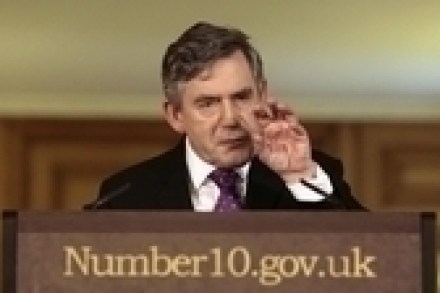Electoral wipe-out
The extremely well-connected Jackie Ashley makes this astonishing prediction in this morning’s Guardian: ‘Some Labour people may think I’m sounding too gloomy, but those who have been privy to recent private polling are a lot more than gloomy. This suggests that Labour could return to the Commons with just 120 MPs or thereabouts, taking the party back to 1930s territory. As ministers look for jobs to keep themselves going after politics, a Miliband move to Europe looks sensible.’ Surely it can’t be that bad? Surely? I would discount this prediction entirely but for the fact that Ashley is the best connected centre-left writer around. The figure is probably exaggerated, but




















